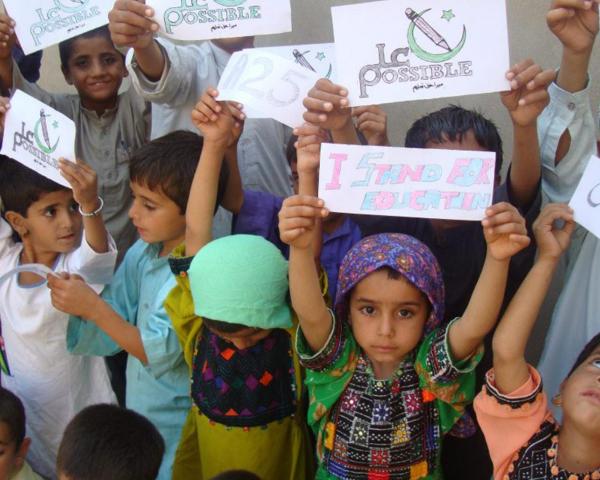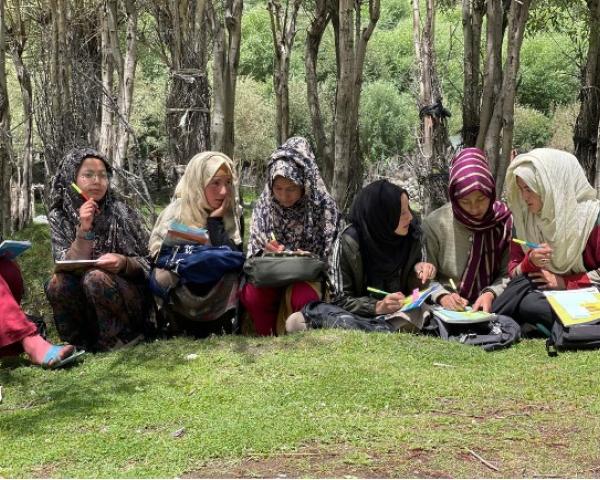British Council

The British Council has had a significant presence in Pakistan since 1948 and has extensive experience in education. It supported the achievement of universal primary education as a Millennium Development Goal and other initiatives to improve access to quality education for all (EFA). The British Council collaborates with diverse partners in an effort to improve enrolment and reduce drop-out rates.
The British Council, the United Kingdom’s international organisation for cultural relations and educational opportunities, was founded in 1934, seeking to create friendly knowledge and understanding between the people of the UK and other countries. It does this by making a positive contribution to the UK and the countries within which works – changing lives by creating opportunities, building connections and engendering trust. At present, the British Council works in over 100 countries across the world in the fields of arts and culture, English language, education and civil society.
Over three years, EAC and British Council’s Ilmpossible: Take a Child to School (TACS) Phase II project seeks to enrol 200,000 OOSC between the ages of 5 and 11. As in Phase I, the project will engage community stakeholders by recruiting and training youth volunteers/‘Ilmbassadors’, Mohalla Committees and teachers to play an enhanced role in their communities. Additionally, the project will expand the Life Skills & Sports Engagement (DOSTI) programming to new project schools. An advocacy and accountability component will also be instituted through the training of Mohalla Committees, comprised of community members, to evaluate the performance of public schools and engage government stakeholders for improved service delivery. Furthermore, Phase II commits to monitor and support the retention of the 189,987 OOSC ultimately enrolled from Phase I, through the primary cycle.
For more information about this EAC Implementing Partner, please visit the British Council Pakistan website.












